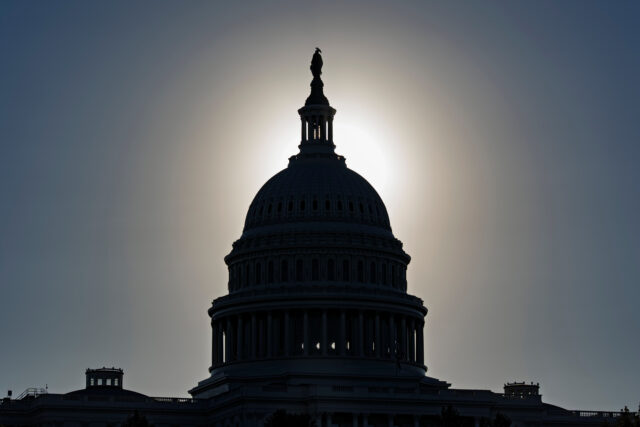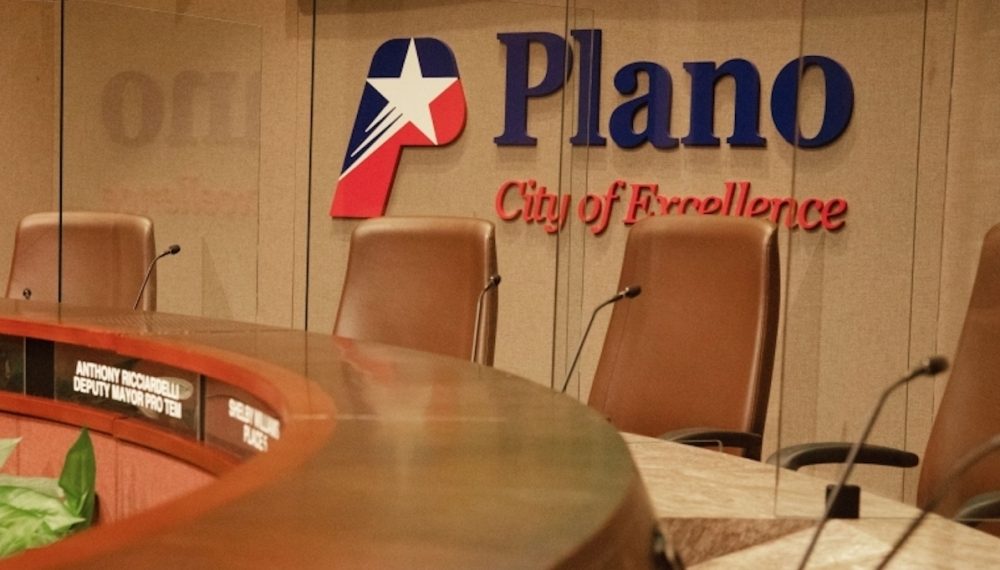Vaccine crisis in California sparks controversy at home
April 2, 2015
More and more parents across the nation are hesitating to vaccinate their children. The debate has resurfaced recently due to the measles outbreak in Disneyland, including 51 cases diagnosed in the past months.
According to the CDC, 88 percent of Texas teens have the Tdap vaccine, and 90 percent have the Hepatitis B vaccine. School registered nurse Lisa Dexter believes that vaccines shouldn’t be forced on a parent, but they are helpful for preventing deadly diseases.
“Vaccines are a parent’s choice, but a lot of these illnesses have caused death in children,” Dexter said. “I do not think it should be forced on them, but I think there should be more research into the claimed link between vaccines and autism.”
Senior Brandon Gibson believes in a middle ground for the vaccination debate. Gibson thinks the process for vaccination requirements in college should be simplified.
“I think everyone should get vaccinations,” Gibson said. “However requiring kids to have vaccines before they enroll at college is ridiculous. The costs are high, and some kids might not be able to find all the information.”
Collin County healthcare services provider Patsy Morris works in the Vaccines for Children program. If a child is uninsured, Medicaid ineligible or classified as American Indian, that child qualifies for the program. She believes that the worst symptoms to a vaccine will fade away in after a few days.
“Some vaccinations cause mild side effects, such as redness or pain where the shot was given,” Morris said. “If these problems occur, they usually last for one or two days only.”
A small percentage of students in the school, however, have not been vaccinated. The Exemption from Immunization for Reasons of Conscience form allows parents to forego the required immunization shots. This form must be renewed every two years, and can be acquired easily on the Texas Health and Human Services website.
According to Dexter, if there was a case of the measles reported at the school, there are already safety precautions in place and a plan to notify parents who filled out the exemption form. The form states that in times of emergency, those students who are not vaccinated may request to miss school.
“During the measles outbreak, there were several kids who did not have the vaccine and were very concerned if we got measles in the school,” Dexter said. “We would notify them by letters and contacting parents.”
Morris said that measles and whooping cough are the most dangerous diseases to rebound from the vaccine controversy. In 2010, a whopping cough outbreak in California was spread by children whose parents filled out an exemption form with the state for religious reasons. Morris believes that as the population increases, so should the awareness and elimination of these diseases.
“Our county continues to grow. We do what we can to inform parents in the community about the importance of immunizing,” Morris said. “Health department nurses never miss an opportunity to educate the parent about immunizing when they are faced with a mom who refuses or who is undecided.”







